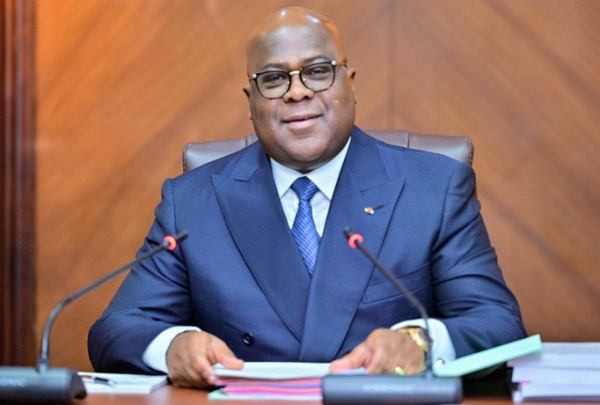At the 46th meeting of the Council of Ministers, President Félix-Antoine Tshisekedi instructed government members to draft a law establishing a sovereign wealth fund for the Republic of the Democratic Republic of Congo (DRC). According to the meeting minutes, the fund will finance major national projects and support entrepreneurship, with the overarching goal of reducing the country’s reliance on foreign aid and mining revenues.
"It will be a structuring lever to consolidate our economic independence, drive long-term development and build, today, the legacy of future generations," the President declared.
A sovereign wealth fund is a public financial instrument typically funded by revenues from natural resources or budget surpluses. It can be used to invest in strategic projects or to accumulate savings for future generations. In the DRC’s case, the future fund would be mainly financed by the Mining Fund for Future Generations (FOMIN), along with other public resource structures, as presented to the Council of Ministers.
Other African countries already have a similar fund. Gabon, for example, created its sovereign fund in 2012 to co-finance major infrastructure projects, particularly in the energy sector. The Gabonese fund also supports startup development and the marketing of carbon credits.
However, despite these objectives, such funds often face governance and efficiency challenges. In Gabon's case, the sovereign wealth fund has yet to fully resolve the country’s financing issues, illustrating the complexities involved in managing these instruments effectively.
Timothée Manoke (intern)










